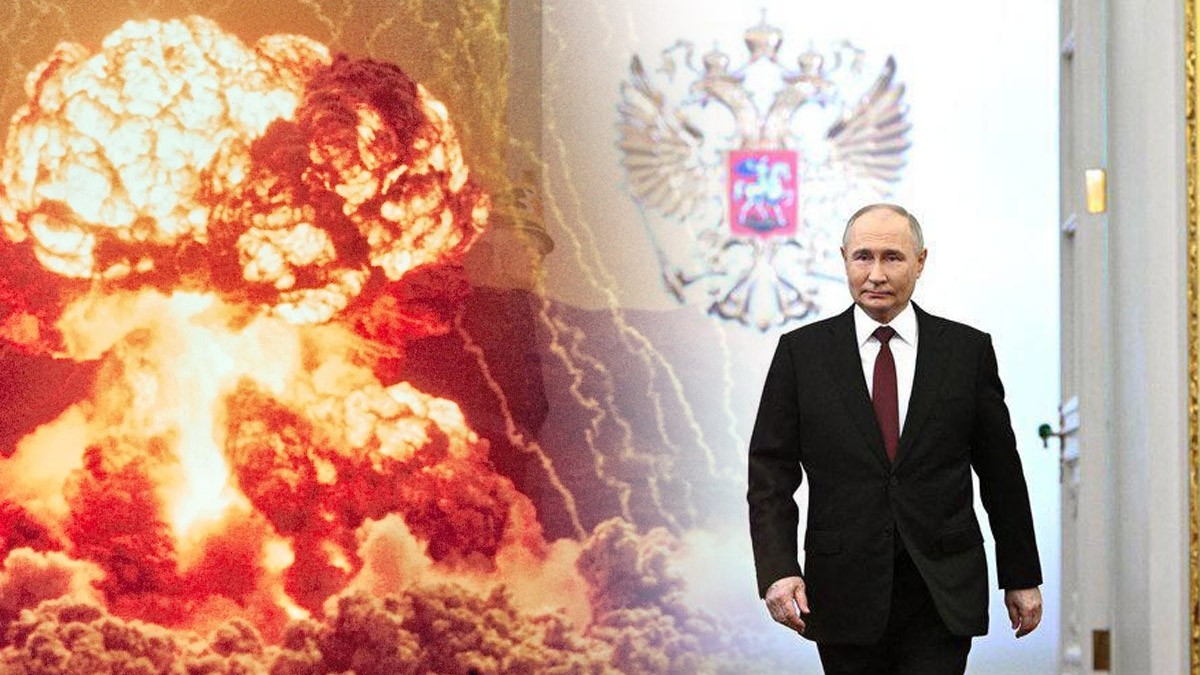
Russian President Vladimir Putin has made a significant shift in Russia's nuclear weapons doctrine. The updated policy now allows for the use of nuclear weapons not only in response to nuclear attacks but also in retaliation against major conventional assaults. This includes significant threats like drone attacks, marking a departure from previous policies. Putin's decision underscores his readiness to leverage Russia's nuclear arsenal in deterring perceived threats.
According to the revised doctrine, any massive aerial attack on Russia, even if carried out with conventional weapons, could warrant a nuclear response. The policy also considers aggression from non-nuclear states backed by nuclear powers as a joint attack on Russia, justifying a nuclear retaliation. This change comes amid rising tensions with Western nations and ongoing conflicts, particularly the war in Ukraine.
The international community has expressed concern over Putin's decision, fearing it could lower the threshold for nuclear weapon use and escalate global conflicts. Western powers, including the United States and its NATO allies, have condemned the move, warning that it could destabilize global security and prompt a renewed arms race. The updated doctrine has intensified global scrutiny, with calls for restraint and adherence to existing arms control agreements.
Despite the global criticism, Putin remains firm on his stance, emphasizing that the policy is crucial for Russia's national security. The Kremlin insists that the expanded use of nuclear weapons is a necessary deterrent against any form of aggression. As the world watches closely, the implications of this policy change on international relations and global peace are yet to unfold fully.
